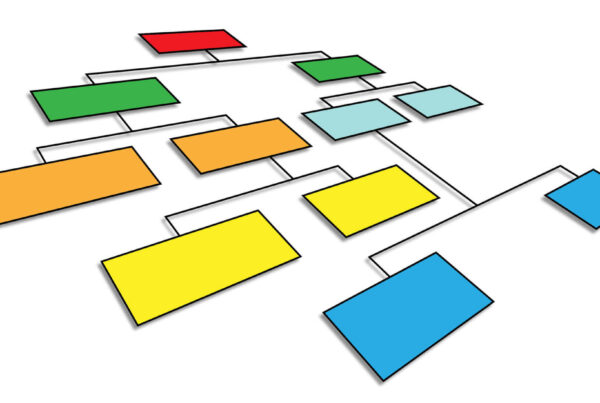Last Updated on June 20, 2023 by Dave Schoenbeck
As your business grows, you’ll inevitably discover the need to add another senior management role to your organization: the general manager. An excellent general manager handles the day-to-day tasks of running your business so that you can focus on growth and increased profitability. Understandably, this makes many business owners nervous: you’re giving up a tremendous amount of responsibility to this new person, so they must be a good fit for your business, your team, and your values. A big part of hiring a general manager for your business is understanding what responsibilities you should delegate.

Here are five areas of your business that your general manager should focus on and the tasks that they’ll be taking on.
1. Planning
Your future general manager should be recommending strategies to you, the CEO. One of the primary general manager’s responsibilities is to ensure the creation and implementation of a plan to grow your business. This requires evaluating your current talent and setting achievable goals to move the company forward.
An excellent general manager should also research competitors, benchmark against them, and stay on top of the current market. It’s their job to devise a plan to meet the market’s current demands and put your business distinctly ahead of the competition.
2. Organizing
When hiring a general manager, you need someone on top of their organizational game. They must attend/chair meetings and stay informed about every department’s progress to analyze and revise current business processes as needed.
The Harvard Business Review has a fascinating article about the qualities of good general managers, and a significant component is setting achievable goals based on each department’s strengths and resources.
It’s up to the general manager to set goals and objectives for each department. They must review activities, costs, operations, and forecast data to determine department or division progress toward goals and objectives.
3. Staffing
Staffing is not just a job for the HR team. Your future general manager should oversee the hiring process, including recommending salaries, signing off on new hires, and creating a training plan. They should also be involved in the disciplinary process and aware of any coaching that might occur if they’re not coaching the employees themselves.
The general manager should implement development programs for staff and offer opportunities for employees to grow in their roles. It’s the general manager’s job to allow avenues for the team to improve and hone their skills.
4. Directing
The GM oversees and manages daily operations for the business. This means providing direct leadership team management and delegating tasks to the appropriate department. An excellent general manager communicates consistently with employees, department heads, and the CEO.
A big part of this includes developing policies and procedures for each department. It’s up to the general manager to establish and enforce organizational standards across the board.
5. Leading
I’ve written at length about the traits of successful leaders—your general manager should have all of these and more. They should motivate and encourage employees, primarily by leading by example. According to Forbes, “There is no way that employees can change and evolve… unless they see their managers doing the same.”
The general manager should be an excellent communicator who can resolve conflicts favorably. They’re first in line to establish and uphold the company culture and must be an example that every teammate can look up to.
Hiring a General Manager can be liberating and invigorating for your business. When you need help with this decision, fill out my contact form for a complimentary video conversation with a professional business coach. That’s me!
Coach Dave


